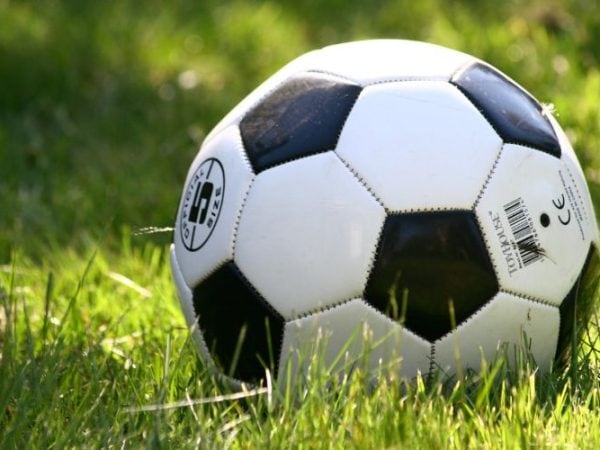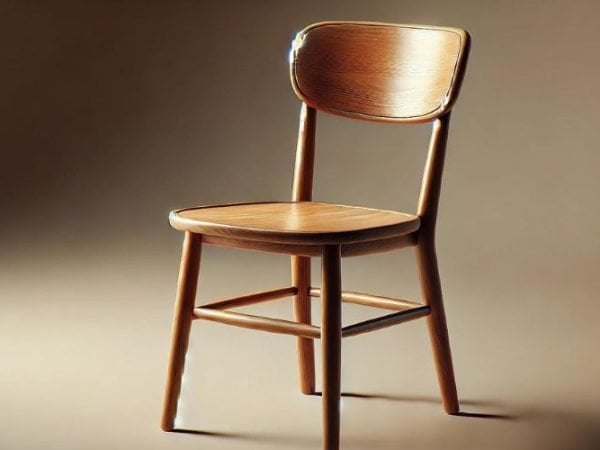Briefly
The harp is often associated with harmony, serenity, and lyrical beauty. It is a symbol of the connection between heaven and earth, as its music is considered soothing and celestial. In many cultures, the harp represents creative expression, spiritual enlightenment, and the flow of the human soul. It is also connected to storytelling and bardic traditions, where it serves as an accompaniment to epic tales and poetry, resonating with the human voice to weave narratives.
Harp in Dreams
Psychologically, dreaming of a harp could symbolize a desire for peace and tranquility in one’s life. It may reflect the harmony one is seeking or feeling in their waking life. A harp might also represent personal expression and the beauty of communicating one’s inner thoughts and feelings. In a broader sense, it could denote the dreamer’s connection with their own spirituality or the unconscious mind, expressing a need for inner harmony.
Harp in Myths and Folklore
In mythologies, the harp is often an instrument of the gods or demigods, used to command the elements, enchant creatures, summon magical forces, or even alter the emotions of humans and gods alike. In Irish mythology, the Dagda’s harp was said to control the seasons and was a powerful magical tool. In fairy tales and legends, the harp’s music often has the power to heal, to provide comfort, or to bring about magical effects that influence the story’s outcome. It’s not uncommon for a harp to be a central element in a quest, sometimes with the power to unlock secrets or protect against harm.

Reviewed by Alexander Lys, M.L., a specialist in the field of symbolism research and dream psychology. A certified participant in numerous psychological seminars and courses, the author of hundreds of articles on psychology, including studies on symbolism in dreams and myths from a scientific perspective.



